SUMMARY
This is AI generated summarization, which may have errors. For context, always refer to the full article.
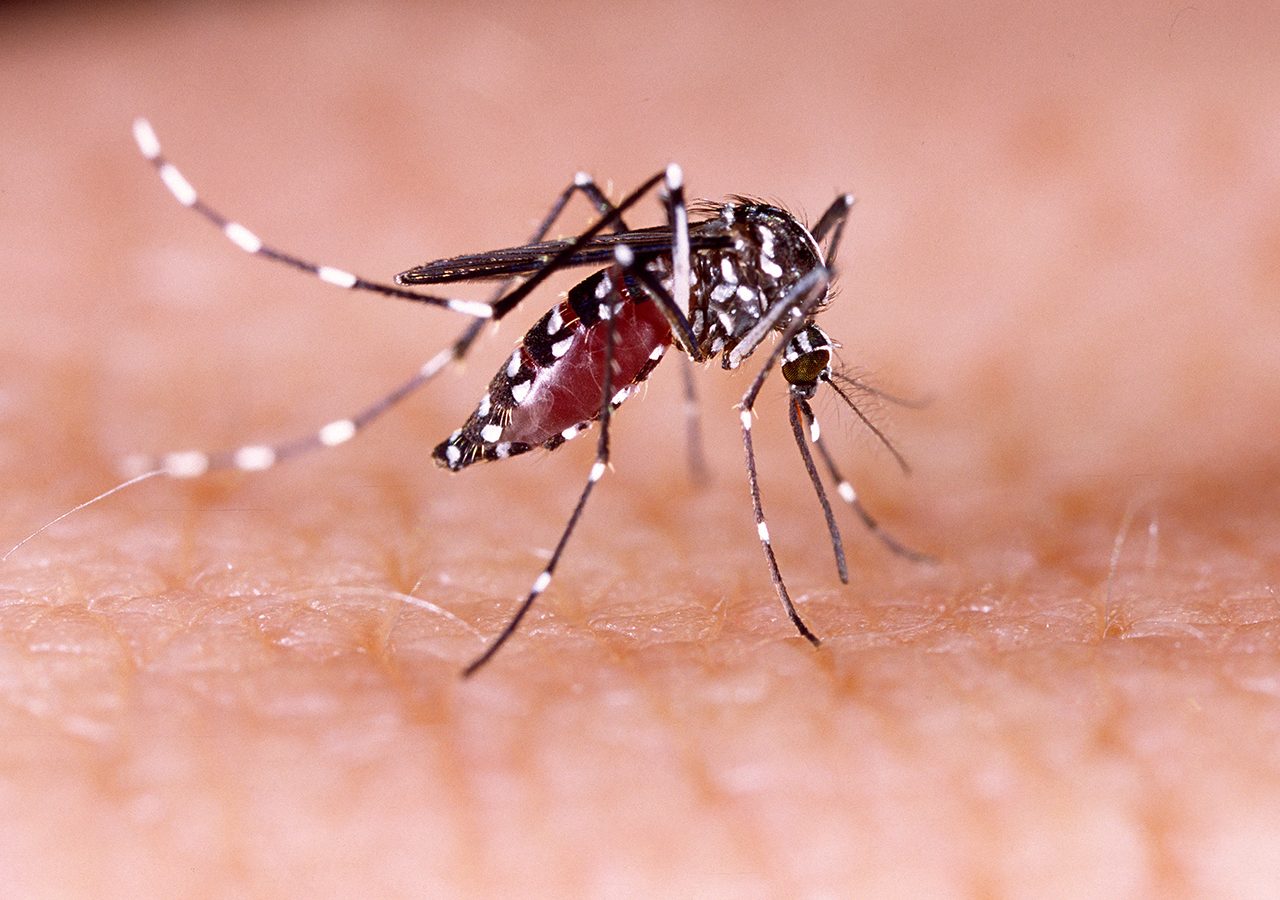
MANILA, Philippines – Dengue cases in the Philippines nearly doubled with 25,248 recorded from January to March 11, 2023, compared to 12,772 cases documented by the Department of Health (DOH) for the same period in 2022.
In the latest DOH surveillance report, the National Capital Region has the highest number of cases with 3,614, followed by Central Luzon with 2,761, Calabarzon with 2,491, and Davao Region with 2,415 cases.
A total of 86 deaths were recorded for the said period.
With the rising number of dengue cases in the country, here’s what you need to know about the disease so you can protect yourself against it.
The virus
According to the World Health Organization (WHO), dengue is a viral infection that spreads from mosquitoes to people. It is a disease that is “more common in tropical and subtropical countries’ climates.”
DOH dubbed it the “fastest spreading vector-borne disease in the world” as it is endemic in 100 countries.
Individuals who were once infected by the dengue virus can acquire it again as it has four serotypes: DENV1, DENV2, DENV3, and DENV4.
People having dengue reinfection, according to WHO, are “at greater risk of severe dengue.”
How to know if you have dengue
The WHO said that “most people with dengue have mild or no symptoms.” They will also get better in two weeks at most. But, it can also be severe and can lead to death at rare times.
Symptoms of dengue include: high fever, severe headache, pain behind the eyes, muscle and joint pains, nausea, vomiting, swollen glands, and rashes.
These symptoms usually appear four to 10 days after infection, and can last up to seven days.
Meanwhile, one can know if the case is severe if the symptoms include: severe abdominal pain, persistent vomiting, rapid breathing, bleeding gums or nose, fatigue, restlessness, blood in vomit or stool, being very thirsty, having pale and cold skin, and feeling weak.
These symptoms come after the fever has gone away.
A person suspected of having dengue can confirm it through a laboratory test.
The DOH listed the following laboratory tests that can be administered to confirm a suspected case:
- Dengue NS1 RDT
- Dengue IgM/IgG
- Polymerase Chain Reaction (PCR)
- Nucleic Acid Amplification Test- Loop Mediated Isothermal Amplification Assay (NAAT-LAMP)
- Plaque Reduction Neutralization Test (PRNT)
- Total White Blood Cell (WBC) count
- Platelet count
- Hematocrit blood test
Transmission
Dengue is transmitted through a mosquito bite. It can be transmitted to humans through bites of an infected female mosquito. The primary vector of the virus is the Aedes aegypti mosquito, but other “Aegus genus” can carry it, too.
Other means of transmission include: maternal transmission, through blood products, organ donation, and blood transfusions, and transovarial (within mosquitoes).
Cure
Unfortunately, there is no specific treatment available for dengue, as “the focus is on treating pain symptoms” only.
WHO identified acetaminophen, such as paracetamol, to help manage pain. Meanwhile, non-steroidal anti-inflammatory drugs (NSAIDs), like aspirin and ibuprofen, are avoided as these can worsen the risk of bleeding.
It is important for dengue patients to rest, and drink plenty of fluids to recover, too.
Meanwhile, those with severe dengue need hospitalization.
In the Philippines, the DOH advised that persons with warning signs, co-existing medical conditions, and severe dengue should be referred to in-hospital management immediately.
Warning signs include being previously well but becoming feverish for one to seven days, and having any of the following conditions: “abdominal pain or tenderness, persistent vomiting, clinical signs of fluid accumulation (ascites), mucosal bleeding, lethargy or restlessness, liver enlargement, increase in haematocrit and/or decreasing platelet count).”
Severe dengue cases may involve severe plasma leakage, severe hemorrhage, and severe organ impairment.
Prevention and control
Protecting yourself from mosquito bites can help lower the risk of getting dengue. WHO listed the following to help protect yourself:
- Clothes that cover as much of your body as possible
- Mosquito nets if sleeping during the day, ideally nets sprayed with insect repellent
- Window screens
- Mosquito repellents (containing DEET, Picaridin, or IR3535)
- Coils and vaporizers
In the Philippines, the DOH started the 4S campaign against dengue in 2019. The campaign includes four strategies to help prevent and control the spread of the virus. 4S stands for: search and destroy, self protection measures, seek early consultation, and support fogging or spraying only during outbreaks.
Importance of controlling the spread of the virus
An infected person can infect other mosquitoes that feed on the blood of an infected person. A person can still transmit the virus to an uninfected mosquito as long as the virus runs through his/her blood.
The virus can stay in a person’s blood for up to 12 days, but most people have it for four to five days only.
“This can be someone who has a symptomatic dengue infection, someone who is yet to have a symptomatic infection (they are pre-symptomatic), but also people who show no signs of illness as well (they are asymptomatic),” said the WHO, referring to people who may have the virus in their blood.
This kind of transmission can happen two days before a person can even show symptoms, and two days after the fever has resolved.
An infected mosquito can transmit the virus for the rest of its life, according to the WHO. – Rappler.com
Add a comment
How does this make you feel?

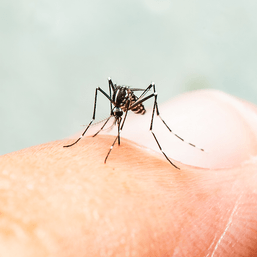



![[Free to disagree] Ending victimhood](https://www.rappler.com/tachyon/2024/05/TL-Ending-victimhood-May-20-2024.jpg?resize=257%2C257&crop_strategy=attention)
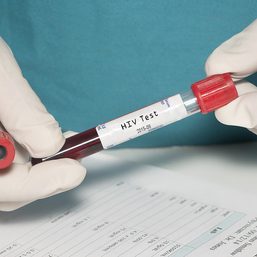
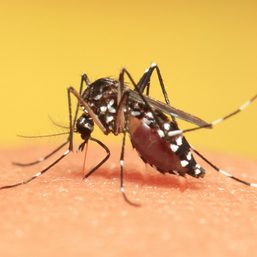

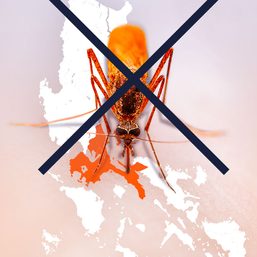
There are no comments yet. Add your comment to start the conversation.